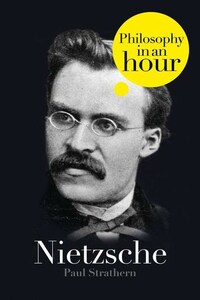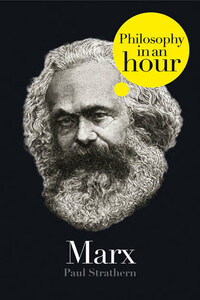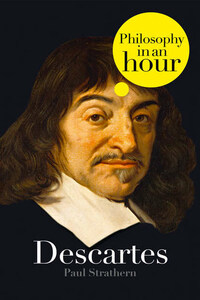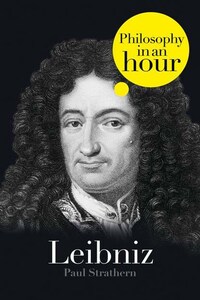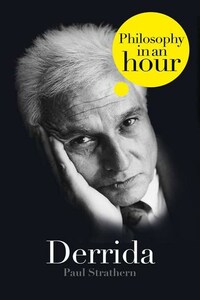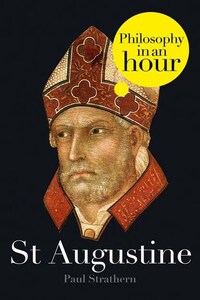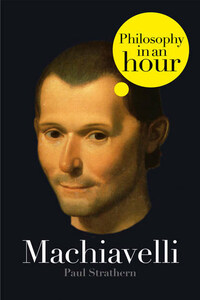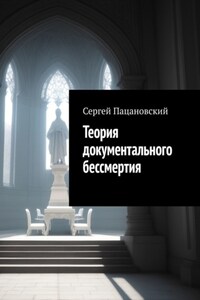Early in the Christian era, philosophy fell asleep. These slumbers eventually produced the philosophic dream known as Scholasticism, based on Aristotle and the teachings of the church.
Philosophy was rudely awakened from these medieval slumbers in the seventeenth century by the arrival of Descartes, with his declaration “Cogito ergo sum” (I think, therefore I am). An age of enlightenment had begun: knowledge was based on reason. But Descartes woke up more than the sleeping scholars. He also woke up the British. They soon responded to Descartes’s rational claim by insisting that our knowledge is not based on reason but on experience. In their zeal, these British empiricists soon destroyed all semblance of reason – reducing philosophy to a series of ever-diminishing sensations. Philosophy was in danger of going to sleep again. Then, in the middle of the eighteenth century, Kant awoke from his dogmatic slumbers and produced an even greater philosophical system than the one which had put philosophy to sleep throughout the Middle Ages. It looked as if philosophy would once again soon be emulating Rip van Winkle. Hegel reacted to this soporific situation by constructing a huge systematic four-poster bed of his own. Schopenhauer decided to try a different tack and introduced a draft of chilly oriental philosophy into the Kantian bed. This had the effect of waking up the young Nietzsche, who leaped into the icy blast and began proclaiming a loud philosophy that was to keep everyone awake for a long time to come.
With Nietzsche philosophy becomes dangerous again, this time with a difference. In previous centuries philosophy had been dangerous for philosophers; with Nietzsche it becomes dangerous for everyone. Nietzsche ended up by going mad, and this begins to show in the tone of his later writings. But the dangerous ideas started appearing long before he went mad, and have nothing to do with clinical insanity. They presaged a collective madness which was to have horrific consequences in Europe during the first half of the twentieth century, and which shows ominous signs of recurrence today.
Nietzsche’s larger philosophical ideas are barely worthy of the name – whether he’s talking about supermen, eternal recurrence (the idea that we live our lives again and again throughout eternity), or the sole purpose of civilisation (to produce “great men” such as Goethe, Napoleon, and himself). His use of the Will to Power as a universal explanation is either simplistic or meaningless – even Freud’s monism is more subtle, and Schopenhauer’s less specific concept is more convincing. Like any good conspiracy theory, Nietzsche’s doctrine of the all-pervasive Will to Power contains the usual element of paranoia. But Nietzsche’s actual philosophising is as brilliant, persuasive, and incisive as any before or since. When reading him you get the exhilarating feeling that philosophy actually matters (which is one of the reasons why he is so dangerous). And when he used the Will to Power purely as an analytic tool, it enabled him to discover constituent elements in human motives which few had formerly suspected. This allowed him to unmask the values to which these motives gave rise, and trace the development of these values over a broad historical canvas, illuminating the very foundations of our civilisation and culture.
Although Nietzsche is not entirely free from blame for the dangerous nonsense that has been spouted in his name, it must be said that most of this is a travesty of what he actually wrote. He had nothing but contempt for the protofascists of his era, anti–Semitism disgusted him, and the idea of a nation of racially pure Germans becoming a master race would certainly have exercised his sense of humour to the full. Had he lived (and retained his sanity) until the 1930s, when he would have been in his eighties, he would certainly not have remained silent about the grotesque events taking place in his homeland – like some German philosophers of that era who claimed to be his successors.
Friedrich Wilhelm Nietzsche was born October 15, 1844, in Saxony, which was by this time a province of the increasingly powerful kingdom of Prussia. Nietzsche was descended from a long line of tradesmen, including hatters and butchers, but his grandfather and father were both Lutheran pastors. Nietzsche’s father was a patriotic Prussian who held his king, Friedrich Wilhelm IV, in high esteem. When Ludwig Nietzsche’s first son was born on the king’s birthday, it was obvious that he had little chance of being named Otto. By an utterly meaningless coincidence, all three men were to die insane.
